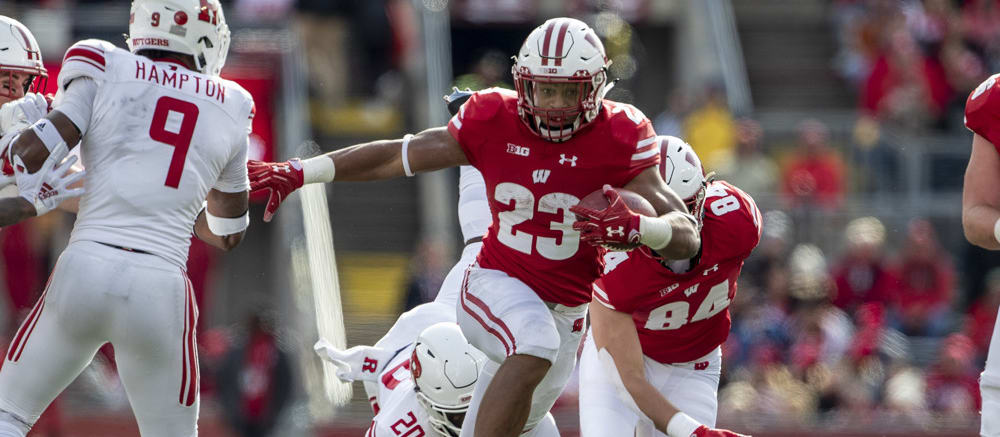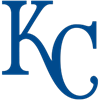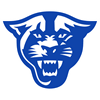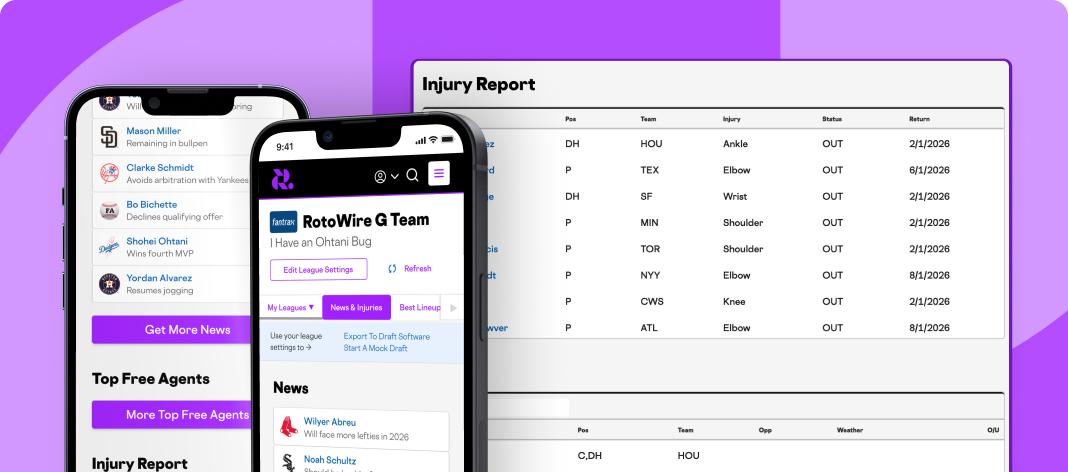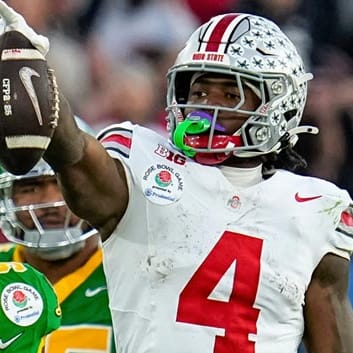While the Big Ten isn't typically known for its explosive offenses, this year's RotoWire fantasy rankings predict a change in that perception. Two of the top six quarterbacks, the top running back and the top receiver in the country, according to our rankings, hail from four different Big Ten schools.
For each conference preview, we will have first-, second-, and third-team All-Fantasy teams as well as sleeper and bust selections. To the right of each player's name will be their overall positional ranking.
All-Big Ten Fantasy Team (2019 Ranking)
First Team
QB: Justin Fields, Ohio State  (2)
(2)
RB: Jonathan Taylor, Wisconsin  (1)
(1)
RB: Reggie Corbin, Illinois  (23)
(23)
WR: Rondale Moore, Purdue  (1)
(1)
WR: JD Spielman, Nebraska 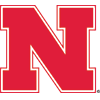 (8)
(8)
TE: Pat Freiermuth, Penn State 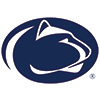 (4)
(4)
Second Team
QB: Adrian Martinez, Nebraska  (6)
(6)
RB: Stevie Scott, Indiana 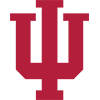 (24)
(24)
RB: J.K. Dobbins, Ohio State  (30)
(30)
WR: Tyler Johnson, Minnesota  (11)
(11)
WR: Rashod Bateman, Minnesota  (30)
(30)
TE: Brycen Hopkins, Purdue  (7)
(7)
Third Team
QB: Peyton Ramsey, Indiana  (40)
(40)
RB: Ricky Slade, Penn State  (34)
(34)
RB: Isaiah Bowser, Northwestern  (46)
(46)
WR: Nico Collins, Michigan  (31)
(31)
WR: KJ Hamler, Penn State  (34)
(34)
TE: Jake Ferguson, Wisconsin  (15)
(15)
Sleepers
QB: Brian Lewerke, Michigan State  (54)
(54)
Considered one of the bigger busts of the 2018 season, Lewerke battled a shoulder injury for much of the campaign. Now healthy, the senior signal-caller has the tools around him at wide receiver to deliver on some of the lost promise from a season ago. Keep in mind, Lewerke is just a season removed from throwing for 2,793 yards and 20 touchdowns and running for 559 yards and five scores back in 2017. He loses the production of Felton Davis from a season ago, but Cody White, Cam Chambers and Jalen Nailor represent a formidable trio of wideouts for Lewerke to target.
QB: Isaiah Williams, Illinois  (Unranked)
(Unranked)
This is the definition of going out on a limb. Williams hadn't even stepped on an Illinois practice field until couple weeks ago, but he brought plenty of buzz with him to Champaign. Lovie Smith's commitment to giving Williams a serious look as a quarterback than receiver or running back was a big reason why he picked Illinois over power-five offers that included all of the top dogs such as Alabama and Clemson. If he can stick at the quarterback position, Williams' ability as a dual-threat passer could boost him on to the fantasy radar in some formats.
HB: Raheem Blackshear, Rutgers 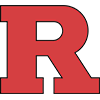 (72)
(72)
Blackshear was the lone bright spot for Rutgers in terms of fantasy last season, collecting 586 rushing yards and three touchdowns in addition to 44 catches for 367 yards and another two scores. This all comes despite an anemic passing game that churned out an atrocious 5:22 TD:INT ratio and a 48.7 completion percentage. Even an improvement in the interception department for the offense would put Blackshear in a much better position to rack up more than the six touchdowns he recorded last season. Assuming Blackshear remains heavily involved in the passing game, another strong season should be on deck for him, especially in PPR formats.
WR: Cody White, Michigan State  (61)
(61)
Circling back to the Spartans, one of White's biggest competitors for targets a season ago, Felton Davis, has graduated and moved into the NFL hopeful field. That leaves White and Darrell Stewart to head the receiving group returning from a season ago. Despite missing four games, White finished out the 2018 campaign with a team-best 555 receiving yards on 42 grabs despite only playing nine games. With Brian Lewerke now healthy and presumably slated for the starting role, White should have a chance to improve on his limited sample sizes from the last two seasons. The 6-foot-3 wideout figures to be a major target in the red zone as well, an area that Davis also excelled in and took away some his opportunities.
WR: Justin Shorter, Penn State  (237)
(237)
Penn State's offense hasn't been talked about nearly as much this offseason with Trace McSorley gone. While the quarterback position remains in flux, the team has plenty of studs in the passing game that includes tight end Pat Freiermuth and speedster KJ Hamler. Like the Nittany Lion offense, Shorter is a name that has flown under the radar. He was the top wide receiver and No. 8 overall recruit, per 247 composite rankings, in the country for the 2018 class, but he missed some time early and ultimately redshirted with just three catches for 20 yards on his resume. His outlook improved in a major way when it was revealed that Juwan Johnson -- who has since landed at Oregon -- was transferring. Shorter's athletic profile suggests a breakout season may be in the cards as long as the quarterback position settles with an effective option under center.
Busts
QB: Peyton Ramsey, Indiana  (40)
(40)
Ramsey finished the 2018 campaign with a respectable 66.0 completion percentage on a whopping 447 pass attempts for 2,875 yards, 19 touchdowns and 13 interceptions to go along with 354 rushing yards and five touchdowns. At the same time, he never really seemed secure in the starting job, as he shared reps with Michael Penix Jr. on multiple occasions during the campaign. He's locked in a three-way battle for the job in training camp with Penix and Jack Tuttle, with all three learning a new offensive system. While Ramsey has the experience factor on his side, Tuttle has a strong recruiting profile and a strong arm and Penix played well in his limited opportunities prior to suffering a season-ending ACL tear last October. With the two in the mix, he seems to be a risky proposition to hold the starting spot for all of 2019.
QB: Hunter Johnson, Northwestern  (70)
(70)
This classification isn't as much an indictment of Johnson as a quarterback as it is an indictment of his surrounding talent. Despite trotting out a potential future NFL quarterback on a weekly basis last season, Northwestern's surrounding talent helped Clayton Thorson to just a 17:15 TD:INT ratio. Johnson also loses the Wildcats' top two pass-catchers from last season in Flynn Nagel (68) and Cameron Green (57), who have both graduated and moved on. There's plenty of reason to be optimistic for the future with the Clemson transfer slated to work under center, but his surrounding pass-catching talent needs to improve for Johnson to join the usable fantasy ranks.
RB: Maurice Washington, Nebraska  (Unranked)
(Unranked)
Washington looked to be the Cornhuskers next stud at the running back position after rushing for 455 yards and three touchdowns on 77 carries (5.9 YPA) as a freshman last season. However, just like his ranking would suggest, Washington enters the season in a precarious position. He is facing legal issue in California that could prevent him from being available to open the 2019 campaign. In the interim, Dedrick Mills has moved in to the presumed starting role after transferring in from Georgia Tech via Garden City Community College (Last Chance U, anyone?). In addition to Mills, Wan'Dale Robinson figures to factor in as both a receiver and an occasional running back. The Huskers are well-equipped to keep churning without him, likely lessening coach Scott Frost's inclination to reinstate Washington until, at the earliest, his legal situation is resolved. Even if that occurs, there is no guarantee the combination of Mills and Robinson won't still possess a role in the backfield.
RB: Ricky Slade, Penn State  (34)
(34)
Slade looks to be the heir apparent to a backfield that produced the likes of Saquon Barkley and Miles Sanders in the last two years. While that should bode well for his fantasy prospects, it appears more plausible that the Nittany Lions will use a committee at the position this season, with Journey Brown and Noah Cain both expected to vie for attempts. If that's the case, Slade seems unlikely to land near the level of Sanders' 1,274 yards and nine touchdowns from a season ago. In an offense that figures to take a step back with a green signal-caller under center, it's not nearly as enticing to look to the Penn State backfield as it was in the past two campaigns.
WR: Rashod Bateman, Minnesota  (31)
(31)
Bateman ascended into the clear No. 2 role for the Gophers last season behind star wideout Tyler Johnson. While his output can't be ignored, working as the No. 2 wide receiver in an offense typically limits the upside of a player. Johnson is going to continue to earn his top-tier looks as he looks to bolster his NFL stock, while Bateman will presumably be the second option. Without a proven commodity tossing the rock around, it's difficult to see major improvement in Bateman's stat line as a sophomore. A marked improvement in 2020 seems plausible, however, with Johnson slated to graduate.
